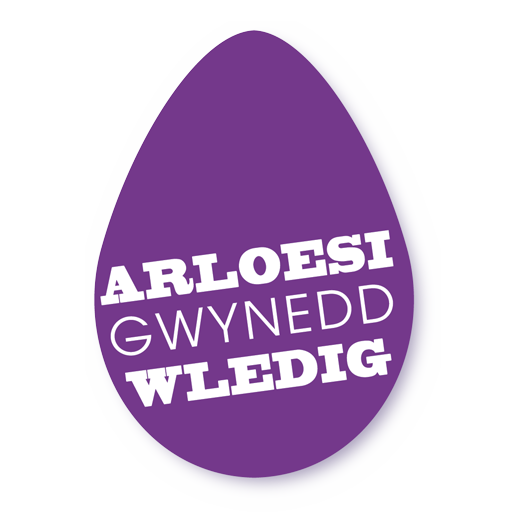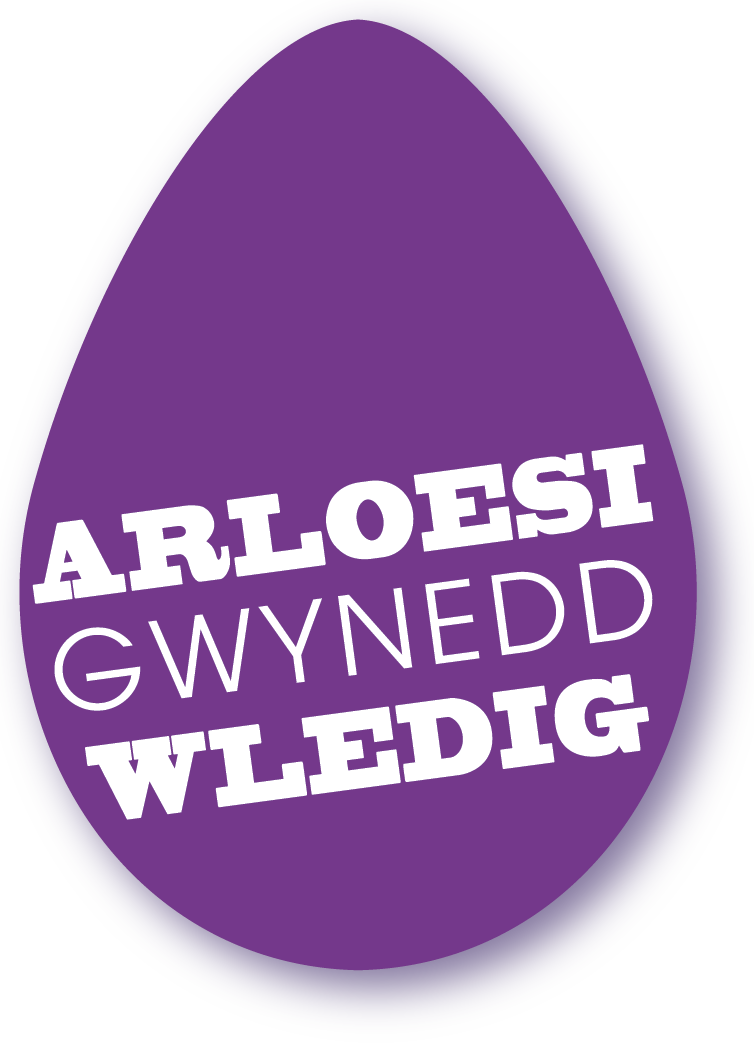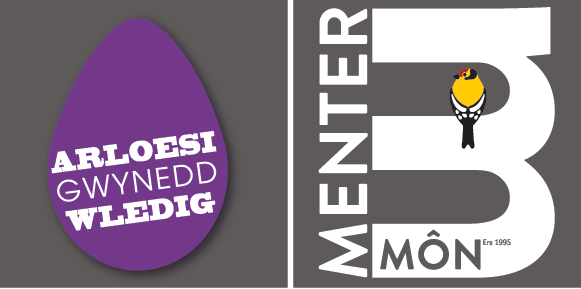
Using the framework of the Dyfi Biosphere, the overall aim is to pilot the concept of a data service with ancillary information that encourages movement towards sustainable mixed agriculture and a more resilient local food production economy.
Mixed agriculture is a system of farming which involves the growing of crops as well as the raising of livestock.
The proposal core is an easily discernible information gateway showing historic agricultural and woodland land-uses in the Dyfi area, integrated with current information on aspects of land use using remotely sensed data, e.g., ecosystem services opportunity mapping.
The Information gateway is referring to the main point of access to the project – which will be an area within the Dyfi Biosphere website:
http://www.dyfibiosphere.wales/
This is where farmers, other key stakeholders and the general public will be able to access historic and contemporary data and administrative information relating to the project
Demand for food produced using environmentally sound approaches will be evidenced by linking current and prospective producers with a network of local consumers and retailers. Oral histories collected from older generation farmers will add to knowledge of past farmland use and highlight socio-cultural implications of changes in agricultural practice.
The service will:
- Demonstrate the feasibility and broader social and ecological benefits of mixed agriculture
- Provide educators with local source material on the history of land-use and agriculture
Outcomes:
- Information gateway of widespread interest, stimulating the local food economy.
- Broader appreciation of land-use changes, and associated opportunities, especially amongst the agricultural community
- Increased understanding of potential remote sensing contributions to agricultural decision-making
- Increased understanding of the benefits of empowering communities and integrating food production and the environment
We anticipate broad interest in this project; however, the main stakeholder groups targeted will be:
- Farmers: This is the primary group targeted by this project. We expect their main interest to be in diversification options in response to the changing social, political and economic situation.
- Policy makers and fund managers: A novel pilot for the national move towards supporting greater public goods from our land. Demonstrating some of the benefits of integrating food production with environmental considerations.
- Educators: Students at Aberystwyth Universities Information Management, Libraries and Archives department learning about managing historical data. Schools looking at changes in agricultural practices and socio-cultural consequences.
Following advice from Powys, this proposal is framed as a pilot project. The context will be the Dyfi biosphere, the main output will be a web mapping component addition to the Dyfi biosphere website[1].
As a pilot project testing out a concept, we intend to focus on the area of the Dyfi Biosphere – from Arloesi Gwynedd Wledig’s perspective, this means that area of Gwynedd within the Dyfi Biosphere area.
The main point of access to the project and directly related information will be through the Dyfi Biosphere website. Farmers, other key stakeholders and the general public will be able to access the information we provide through this gateway – we plan to provide significant ancillary information, such as the oral histories and links to other relevant initiatives off of this website.
The main incentives for farmers to engage with the project will be:
- Exploring emerging options for diversifying food production
- Acquiring knowledge on how remote sensing can contribute to agricultural decision-making
- Accessing additional information on their own and surrounding land
Using established networks of contacts in the communities of mid-Wales, stakeholder engagement will be led by ecodyfi. Various methods will be used to discuss findings with famers and collect real world requirements, including workshops, questionnaires, interviews, sub-meetings, exposure to early releases of the software.
Policy makers and fund managers are an important target audience for this project. Using communication channels open to us through the Dyfi Biosphere partnership, we have had discussion (physical and virtual meetings) with both Welsh Government (WG) and Natural Resources Wales (NRW). What we found was interest in having the outputs from this project feed into, potentially as a case study, informing developments such as the Land Management Programme for Wales (WG planning for post-Brexit support for farmers) and the developing Area Statements (NRW) process. Building on the natural resource management trial undertaken in the Dyfi area by NRW was particularly welcomed.
The current subsidy systems separates environment and food production. Part of the innovation we are proposing here is making the link more explicit.
Much of the Welsh land that can support arable cropping is low yield and uneconomic compared with the high-quality fertile land elsewhere in the UK. The point this project will make is that (anticipating changes in the socio-political environment) low intensity arable cropping becomes economic when genuine sustainability and factors such as food security, improvements in biodiversity, carbon budgets, soil health and local regeneration are considered.
The integration of the now digitised 1840 Welsh Tithe maps[2] and contemporary (mainly remotely sensed) data is one of the most innovative aspects of this project. We propose to research additional historic sources of data during project execution. Project partners Aberystwyth University and National Library of Wales will identify additional sources of historic data of value in meeting project aims and what steps would be necessary to make them available via the information gateway. If possible and within the constraints of the project, we will make additional historic data available.


